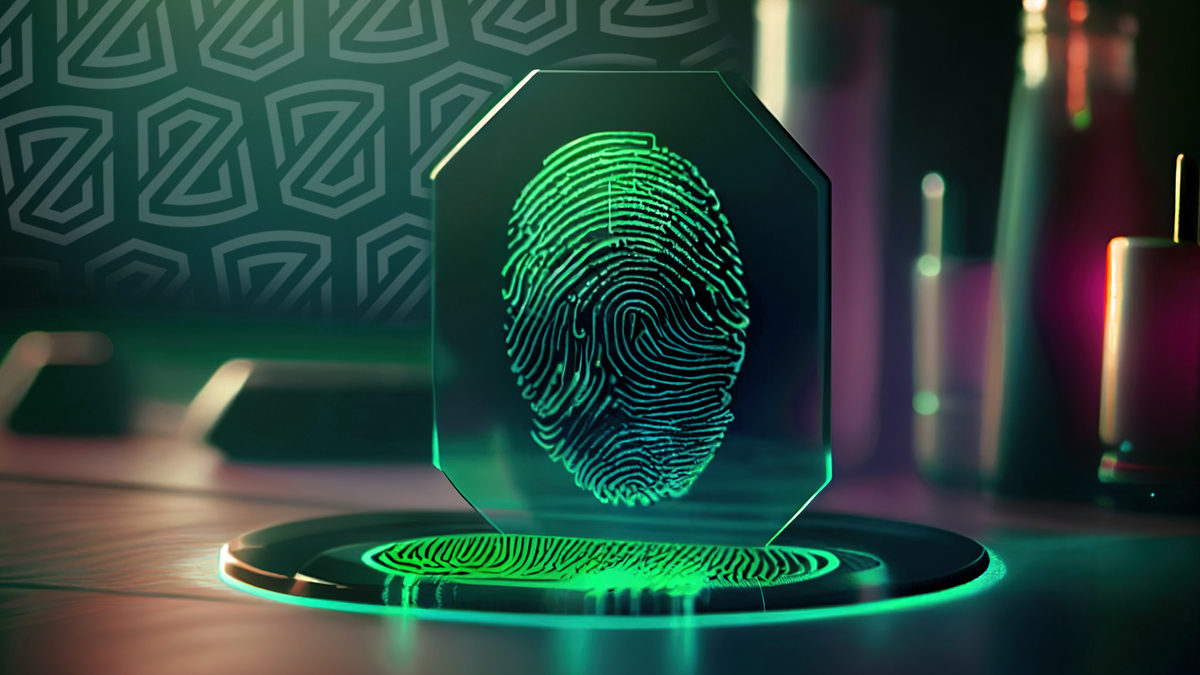- Published on
Impact of Blockchain on Digital IDs
- Authors
-
-
- Name
- Priyal Walpita
-

Guest blog by Priyal Walpita, CTO at ZorroSign, Inc.
Digital Identity (digital ID) is a representation of information and data unique to a particular person, organization, or group. The role of blockchain in digital ID is to make it more secure, flexible, and interesting.
For individuals, at its most basic level, it consists of a collection of information about a person such as first and last names, date of birth, nationality, passport number, etc. All of these data points are issued and stored by centralized entities. For companies or organizations, digital identity consists of information about their users. The downside of this is the business risk that comes with the rise of user privacy-centric regulations, such as the EU’s General Data Protection Regulation (GDPR). In any case, when they are being relegated to tight-lipped data vaults, the use of this data becomes less which will in return reduce the improvements of the products and the true customer understanding.
What is Digital Identity and Why is it Important?
Digital Identity comprises everything and anything you have on the web which includes but is not limited to images, preferences, usage behavior on websites, bank account information, etc. With the present advancements in digital platforms, digital identity varies across banking systems, social media platforms, and telecommunication.
The importance of blockchain in digital identity is mostly based on securing individuals’ data in a distributed ecosystem. Blockchain plays a major role in ensuring accuracy when speeding up the process of customer onboarding as well as preventing any money laundering and fraudulent activity. Digital identity could help in standardizing and streamlining citizen services in different nations while having a significant part in the facilitation of social transformation projects while ensuring economic improvements.
Being precise on the identity issue eradication, using blockchain identity management, inaccessibility, fraudulent identities, and data insecurity are broadly being discussed. All the traditional methods used for identification have led a significant amount of the population to stay out of the process. Although it has been crucial for an individual to have an identity to gain access to education, the job market, traveling, governmental services, and financial systems. On another hand, the stored data and valuable identification information have been appealing to hackers. Despite all the regulations, legislation and efforts in increasing more and more cyber security, there was an exposure of a considerable amount of consumer data at a large cost. In addition to the above-mentioned issues, users tend to juggle various identities combined with usernames across websites. Data generated by one platform on another platform has no standardization and the links which are weak between the digital and offline IDs give a higher probability of the creation of fake identities.
Effectiveness of Blockchain
Improving the digital IDs with blockchain technology as the base brings several advantages, including improved:
- Security
- Privacy
- Integrity
- Trust
- Simplicity
Security-wise, blockchain gives the element of maintaining data in an immutable and encrypted manner, ensuring that the digital identity is secure and easily traceable. In terms of privacy, efficient blockchain encryption, with the facility of digital signatures, ensures effective design and privacy while the maintenance of records of all the identities throughout the nodes across the network creates integrity. In improving trust, the maintenance of communication metadata in a distributed ledger and consensus mechanisms that helps to verify data authenticity across several nodes, plays a major role. Blockchain brings simplicity through the clear roles that are set for the identity issuers, owners, and verifiers in the processes associated with each stakeholder.
In the management of blockchain digital identity, the advantages are crucial for its sustainability. These include:
- Relief from cumbersome paper-based identity management
- Self-sovereign identity and easier ID verification
- Non-custodial login solutions
- IoT system user identify management
- Decentralized web identity solutions
- Improved safeguards for critical infrastructure
Moreover, using blockchains in digital IDs have the following benefits as well:
- Manageability and control
- Decentralized storage
- Decentralized Public Key Infrastructure (DPKI)
Decentralized Public Key Infrastructure (DPKI) is at the heart of Decentralized Identity. Blockchain’s role here is to create a tamper-proof and trusted medium in distributing the asymmetric verification and encryption keys of the holders of the identities. DPKIs give users the ability to anchor or create cryptographic keys on the blockchain in a way that is chronologically ordered. These keys are used in the verification of other users’ information. Identities that are created on the blockchain are inherently safer to use than those that are stored on centralized servers. Cryptographically secure Ethereum blockchain, along with distributed data storage systems like InterPlanetary File System (IPFS) or OrbitDB, enables disintermediate of existing centralized data storage systems maintaining trust and data integrity. When compared, the responsibility of the data security of the identity in centralized identity systems falls under the entity providing the identity. In contrast, the responsibility of the decentralized identity framework falls completely on the user. The user has the sole right to implement his or her security measures or even outsource the tasks to any other service. The main advantage here is that the decentralized identity solutions that are blockchain-powered forcefully make the hackers attack the individual data stores which becomes highly costly and unprofitable.
Digital identity has increasingly become a part of the social as well as the economic well-being of people all over the world. It has enabled an individual’s right to vote, and access education, and financial systems. Blockchain has become a crucial part in securing these identities by helping to create a decentralized identifier in parallel with the facility for associating digital identity with verifiable credentials. This enables an ultimate digital identity across different platforms under the individual’s control and ownership.